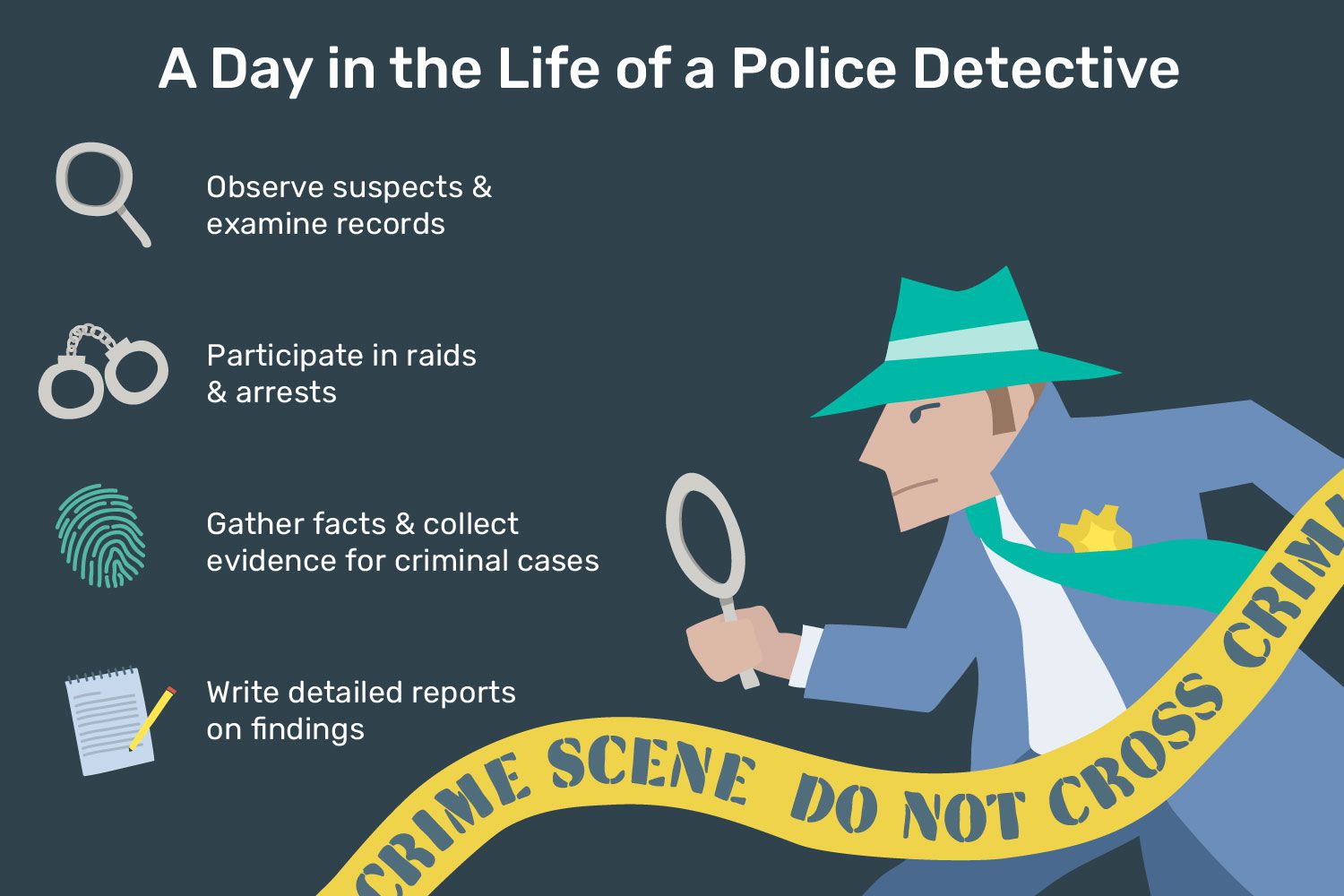This blog post, including the hypothetical scenarios and any legal advice expressed, are meant solely for informational and educational purposes. They do not represent legal advice and shouldn’t be taken or relied upon as such. The information here is specific to the State of New York, as laws can greatly vary from state to state. Reading this post or using the information within does not create an attorney-client relationship.
Domestic violence is taken seriously by law enforcement and result in serious consequences if you are a suspect in this situation. While efforts to address and prevent domestic violence are crucial, it’s equally important to ensure that those accused of such crimes receive fair treatment and a robust defense. If you’re facing a domestic violence charge in New York, understanding your rights and seeking expert legal counsel, like our attorneys at Ilganayev Law Firm, PLLC, is vital to achieving a favorable outcome. This blog post aims to guide individuals facing New York domestic violence charges, helping you understand your entitlement to a fair trial and the steps that can protect your rights.
Understanding New York Domestic Violence Laws:
Defining Domestic Violence in New York:
Domestic Violence is a form of abuse caused by one partner in an intimate relationship to exert control over the other. This abuse may manifest in various forms, including sexual assault, physical abuse, emotional abuse, financial abuse, stalking, threats, and intimidation.
Assault and Related Offenses (New York Penal Code § 120.00):
Article 120 covers assault and related offenses, including but not limited to causing physical harm to another person negligently, intentionally, or with weapons. It also covers stalking that incites fear for personal safety.
Sex Offenses (New York Penal Code § 130.00):
Article 130 covers a range of sex offenses, including abuse and rape. In New York, domestic violence charges may be classified as misdemeanors or felonies, depending on the severity of the alleged offense and the defendant’s prior criminal history.
Why You Need a New York Domestic Violence Defense Attorney:
Facing domestic violence charges in New York can have severe repercussions, including imprisonment, restraining orders, fines, and mandatory participation in anger management or counseling programs. Additionally, a conviction can significantly impact family dynamics, child custody, employment opportunities, and social reputation.
Retaining an experienced New York domestic violence defense attorney, like those at Ilganayev Law Firm, PLLC, is crucial to ensure your rights are upheld throughout the legal process. We help you meticulously analyze your case’s details, challenge evidence, and develop a strong defense strategy tailored to your unique situation.
Understanding Your Domestic Violence Charges and Their Consequences in New York:
Your defense starts with understanding the specific charges under New York domestic violence laws. Your attorney will clarify the potential consequences you may face if convicted.
Preserving Evidence and Identifying Witnesses for Your Domestic Violence Case:
Gather any evidence that can support your defense, like text messages, emails, social media posts, photographs, or videos providing context to the events. Identify any witnesses who can testify on your behalf, offering a different perspective on the incident.
Complying with New York Orders of Protection:
In New York, courts may issue orders of protection, or restraining orders, to ensure the safety of alleged victims. Violating such orders can lead to additional charges and serious legal consequences.
Transparency with Your New York Domestic Violence Defense Attorney:
Open and honest communication with your attorney is critical for building a robust defense. Share all relevant information, even if you believe it may negatively impact your case.
In some instances, individuals may face false accusations of domestic violence due to personal vendettas, emotional disputes, or mistaken identity. Our attorneys will thoroughly investigate the accuser’s motives and gather evidence to refute false allegations.
If charged with domestic violence in New York, remember your right to a fair trial and legal representation. At Ilganayev Law Firm, PLLC, we stand with you at each stage of the legal process, from arraignment to trial, ensuring you understand your options and potential outcomes.
Contact us today to discuss your situation and work towards the best possible outcome!
ATTORNEY ADVERTISING. This blog post is provided for informational purposes only and does not constitute legal advice. For specific legal guidance related to your situation, please consult with an attorney. Prior results do not guarantee a similar outcome.


